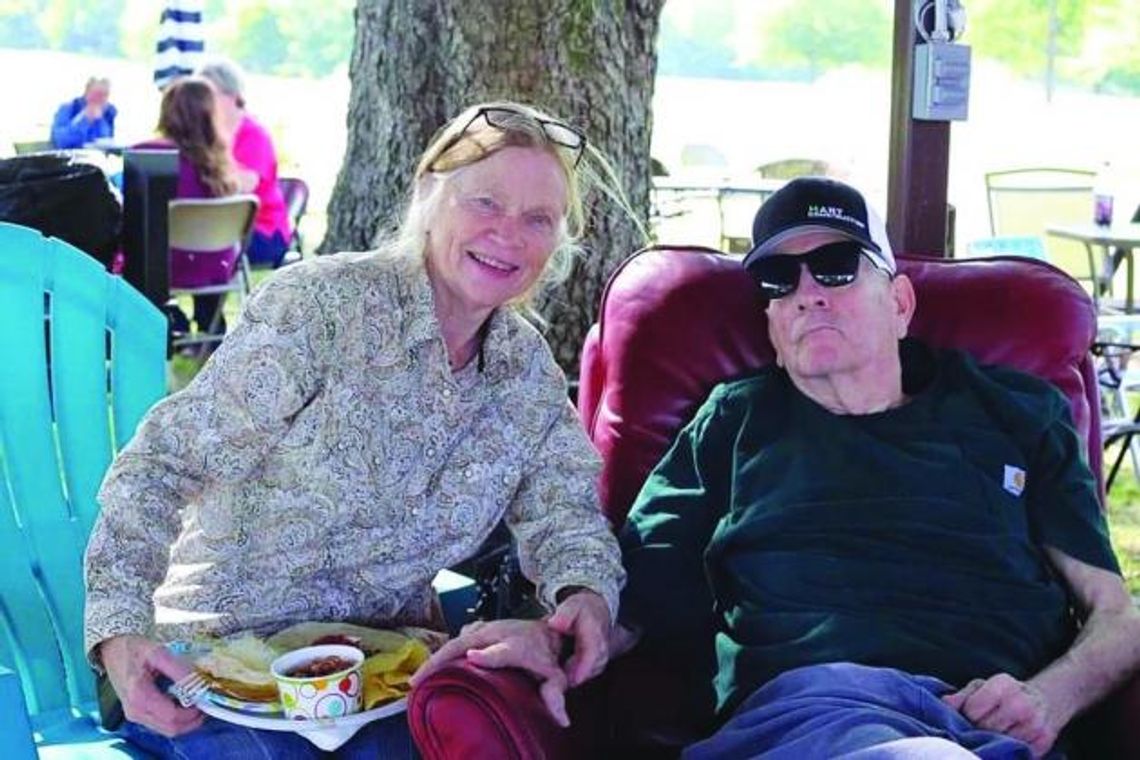Neurodegenerative disease. It is as scary as it sounds. Loss of cognitive function, dementia, difficulty with speech, swallowing, balance issues, and vision problems are just a few of the more serious symptoms associated with this group of diseases which includes Alzheimer’s disease, Lou Gerhig disease (ALS), and Parkinson’s disease.
Millions of Americans are living – and dying - with neurodegenerative disease, with no cure on the horizon.
Early treatment in some cases prolongs an improved quality of life, but in order to receive effective early treatment, an accurate early diagnosis is necessary. For the 5-6 people per 100,000 who suffer from progressive supranuclear palsy(PSP), however a diagnosis is almost always hard to come by.
Progressive supranuclear palsy, further referred to as PSP, is a rare brain disease not widely known and very often misdiagnosed. It’s similarity to Parkinson’s disease adds to the difficulty in diagnosis. Most PSP sufferers are first diagnosed with Parkinson’s, then when traditional Parkinson’s treatment methods are not met with any improvement, eventually a PSP diagnosis is concluded.






